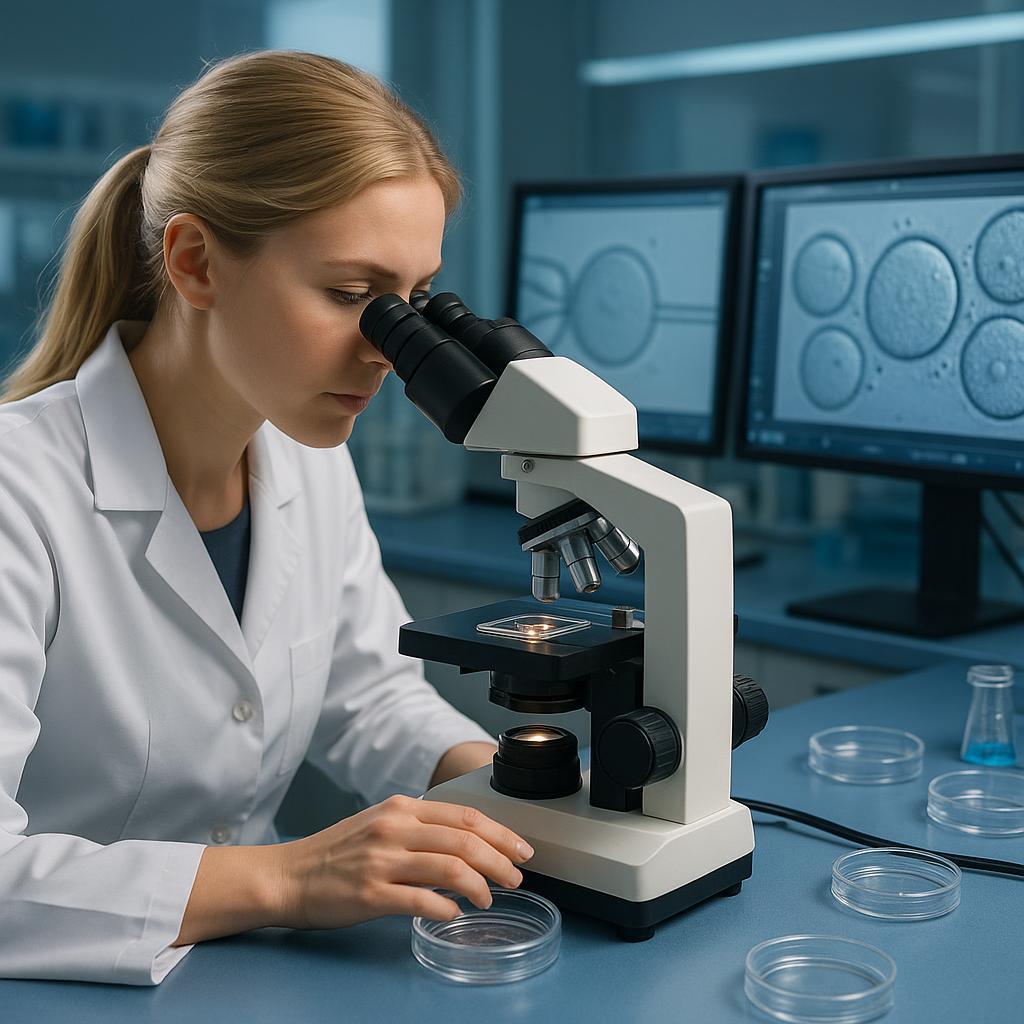Unlocking the 50-Year Survival Secret of Human Eggs: The Art of Slowing Down Cellular Waste Systems
New research, involving the study of over 100 freshly donated eggs, has unveiled the secret behind the long-term viability of human eggs. It appears that these eggs can stay viable for up to half a century by intentionally decelerating their waste disposal systems.
Scientists at the Centre for Genomic Regulation in Barcelona discovered that human oocytes reduce the activity of lysosomes and proteasomes by about 50% compared to surrounding support cells. This creates a “minimalist strategy” for long-term survival.
The study, published in The EMBO Journal, found that this energy-saving approach helps protect eggs from damage by minimizing the production of reactive oxygen species (ROS). ROS are harmful molecules that can damage DNA and membranes.
Using live-imaging techniques, researchers observed eggs literally shedding their lysosomes and moving mitochondria to the cell’s outer edge just before ovulation. This is a type of “spring cleaning” previously unknown in human eggs.
This groundbreaking discovery could pave the way for new strategies aimed at improving IVF success rates. It challenges current assumptions about egg metabolism and suggests that maintaining eggs’ naturally quiet state might be more beneficial than boosting their metabolism with supplements.

